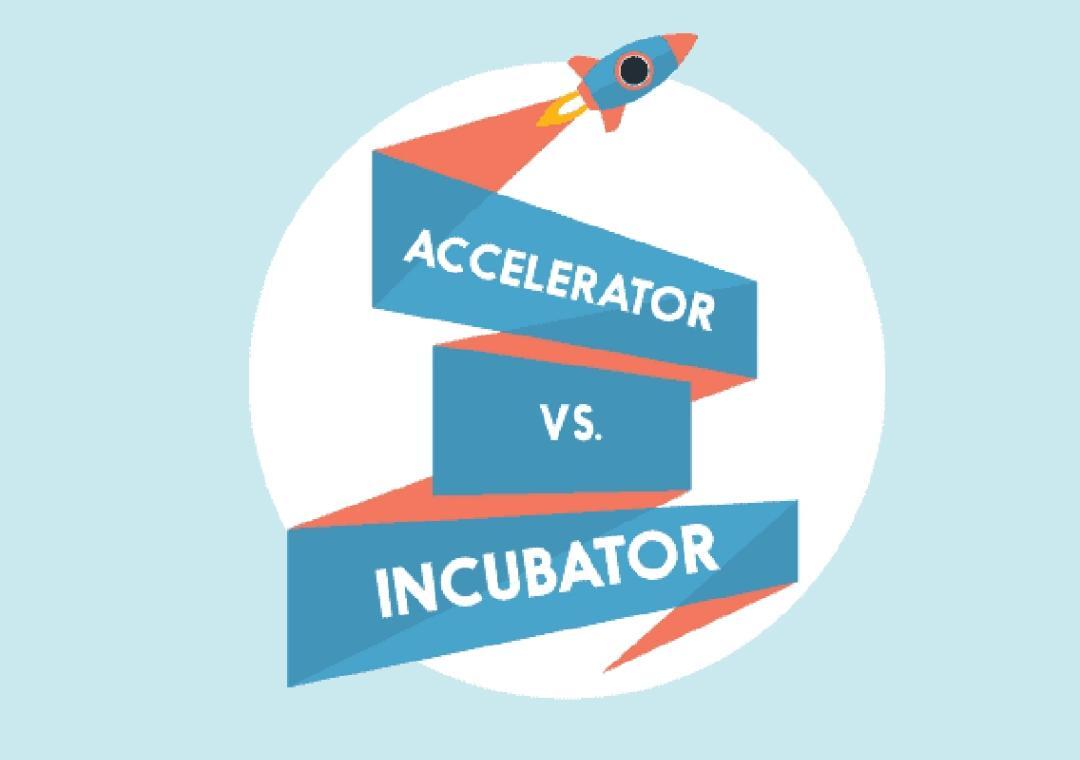
What distinguishes incubators from accelerators in startup growth?
As a startup founder, navigating the complex landscape of resources and support systems can be overwhelming. Two of the most popular options for startups are incubators and accelerators, both of which offer valuable guidance, funding, and networking opportunities. However, despite their similarities, incubators and accelerators serve distinct purposes and cater to different stages of a startup’s growth. Understanding the differences between these two models is crucial for founders to make informed decisions, avoid mismatches, and maximize the value they receive.
Incubators are designed to support startups at the idea or pre-product stage, providing a nurturing environment that fosters growth and development. They offer mentoring, resources, and seed capital to help founders refine their ideas, build prototypes, and develop a minimum viable product (MVP). Incubators typically have a more flexible and open-ended approach, allowing startups to iterate and experiment without the pressure of a rigid timeline. This approach is ideal for startups that are still in the exploratory phase, trying to validate their assumptions and find product-market fit.
On the other hand, accelerators work with early-traction ventures that have already demonstrated some level of success, such as a functional product, a small customer base, or a proven revenue stream. Accelerators provide time-bound programs, usually lasting several months, which are designed to accelerate the startup’s growth through intensive guidance, funding, and networking opportunities. The focus is on scaling the business, expanding the customer base, and preparing the startup for further investment or acquisition. Accelerators typically have a more structured approach, with a set curriculum, milestones, and expectations.
One of the primary differences between incubators and accelerators is the level of investment. Incubators usually provide smaller amounts of seed capital, often in the range of $20,000 to $50,000, in exchange for a small equity stake. Accelerators, on the other hand, typically invest larger amounts, ranging from $50,000 to $500,000 or more, in exchange for a more significant equity stake. The investment is often tied to specific milestones and performance metrics, and the accelerator may also provide additional funding options, such as follow-on investments or introductions to venture capital firms.
Another key difference is the support model. Incubators often provide a more hands-on, mentorship-driven approach, where experienced entrepreneurs and industry experts work closely with founders to help them navigate the early stages of startup growth. Accelerators, while still providing mentorship and guidance, tend to focus more on networking opportunities, introductions to potential customers and partners, and access to a broader ecosystem of resources and support.
The timing of the support is also a critical distinction. Incubators are typically open to startups at any stage, from idea to launch, and may not have a specific timeline for graduation. Accelerators, by contrast, usually have a fixed program duration, often between 3 to 6 months, and a more defined application and selection process. Accelerators may also have specific cohorts or batches, where a group of startups goes through the program together, providing a sense of community and peer support.
So, how can founders choose the right path for their startup? The first step is to assess the current stage of their business. If they have an idea or a pre-product startup, an incubator may be the better choice. If they have already demonstrated some level of traction and are looking to scale, an accelerator may be more suitable. Founders should also consider their specific needs, such as funding, mentorship, or networking opportunities, and look for programs that cater to those needs.
It’s also essential to research and evaluate the reputation, track record, and alumni network of the incubator or accelerator. A well-established program with a strong network of mentors, investors, and partners can provide significant value to a startup. Founders should also be cautious of programs that seem too good to be true or have unclear expectations, and should carefully review the terms and conditions of any investment or support agreement.
In conclusion, incubators and accelerators are both valuable resources for startups, but they serve distinct purposes and cater to different stages of growth. By understanding the differences in timing, investment, and support models, founders can make informed decisions and choose the right path for their business. Whether it’s an incubator or an accelerator, the key is to find a program that provides the right level of support, guidance, and resources to help the startup achieve its goals.
For more information on startup incubators and accelerators, and to learn how to navigate the complex landscape of resources and support systems, visit https://www.growthjockey.com/blogs/startup-incubator-vs-accelerator.
News Source: https://www.growthjockey.com/blogs/startup-incubator-vs-accelerator






